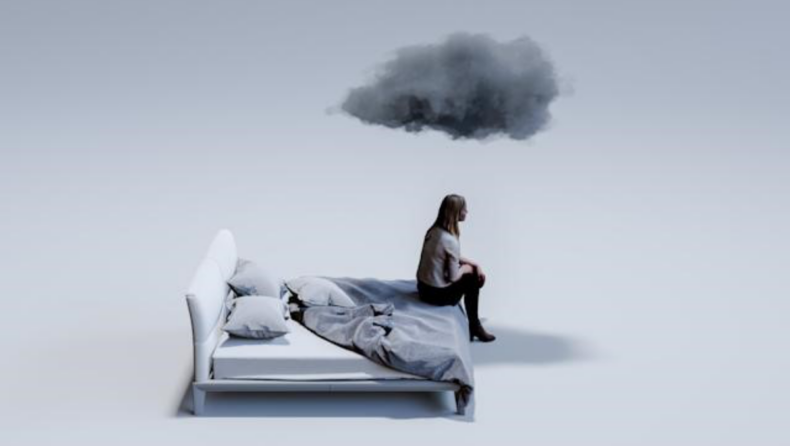Brain function losses are linked to a lack of human touch(lonely). However, while the COVID-19 pandemic raises worries about the potential dangers of isolation, future research looks for definitive proof of causative involvement as well as possible pathways.
Physical pain is terrible, but it is necessary for life because it alerts you that your body is in danger. It instructs you to remove your hand from a hot burner or to consult a doctor if you are experiencing chest pain. Pain serves as a reminder to us all that we must take care of ourselves.
Loneliness is the social equivalent of physical suffering, and it even activates the same brain circuits involved in processing emotional reactions to physical pain.

Feeling lonely and alienated from others, like physical discomfort, is a message that we need to take care of ourselves by looking about the safety and comfort of company. But what if we are unable to find a company and our loneliness persists?
The effects of stress on the ageing body and brain significantly exacerbate cognitive decline and increase the risk of dementia. The social isolation that older persons are currently facing due to the coronavirus epidemic poses significant mental health dangers, but there are steps people may take to protect themselves.
Loneliness’ Health Consequences
The COVID-19 epidemic has halted many older persons’ social life, putting them at a higher risk of loneliness. They are aware that they are at a higher risk of having severe COVID-19 symptoms. Therefore many are remaining at home. Restaurant closures and restrictions on visitation to assisted living facilities have made it more difficult to see family and friends.
Like smoking, alcohol usage, and obesity, loneliness has been linked to an elevated risk of early mortality in studies. Loneliness has shown adverse health outcomes, including an increased risk of heart disease and stroke.
Loneliness is a familiar human feeling that is both complicated and distinctive to each person. Because there is no one cause, the prevention and treatment of this potentially harmful state of mind can vary greatly.
A lonely youngster who is having difficulty making friends at school, for example, has different requirements than a lonely elderly adult whose spouse has suddenly died.
Loneliness vs. Solitude
While studies demonstrate that loneliness and isolation are detrimental to mental and physical health, being alone is not the same as being lonely. In reality, isolation provides a variety of critical mental health advantages, including the ability to focus and rejuvenate.

Feelings of Solitude characterise loneliness despite a desire for social interactions. Other people’s unintentional separation, rejection, or abandonment is frequently sensed.
Whereas Solitude is a choice in which people who love spending time alone retain solid social contacts to return when they want interaction. They still connect with people, but intervals of solitude temper these exchanges.
Causes of Loneliness
Situational circumstances such as physical isolation, relocation to a new area, and divorce can contribute to loneliness. The loss of an essential person in a person’s life can also result in feelings of loneliness.
This could also be a symptom of a psychiatric condition, such as depression. Depression frequently promotes social disengagement, which can lead to isolation. Loneliness may also be a factor that leads to depressive symptoms, according to research.

Internal problems such as poor self-esteem can also contribute to loneliness. People who lack confidence in themselves frequently think that they are undeserving of other people’s attention or consideration, leading to isolation and chronic loneliness.
Personality traits might also play an impact. Introverts, for example, maybe less prone to create and seek social interactions, which can lead to feelings of loneliness and isolation.
How to cope with Loneliness
Loneliness is a frequent and natural human emotion. Recognizing and accepting that what you are experiencing is a regular aspect of being human is an essential first step.
Instead of concentrating on what isn’t now doable, attempt to redirect your attention to what you can do to stay connected and establish a plan to take action. This might involve making plans to contact friends or relatives and exploring new things at home that you wouldn’t typically have time for, such as online classes or book clubs.
Self-care is critical during times of severe stress. Maintaining regular exercise and sleep patterns, healthy eating, and engaging in fun hobbies will assist in managing stress and preserving mental and physical health.













